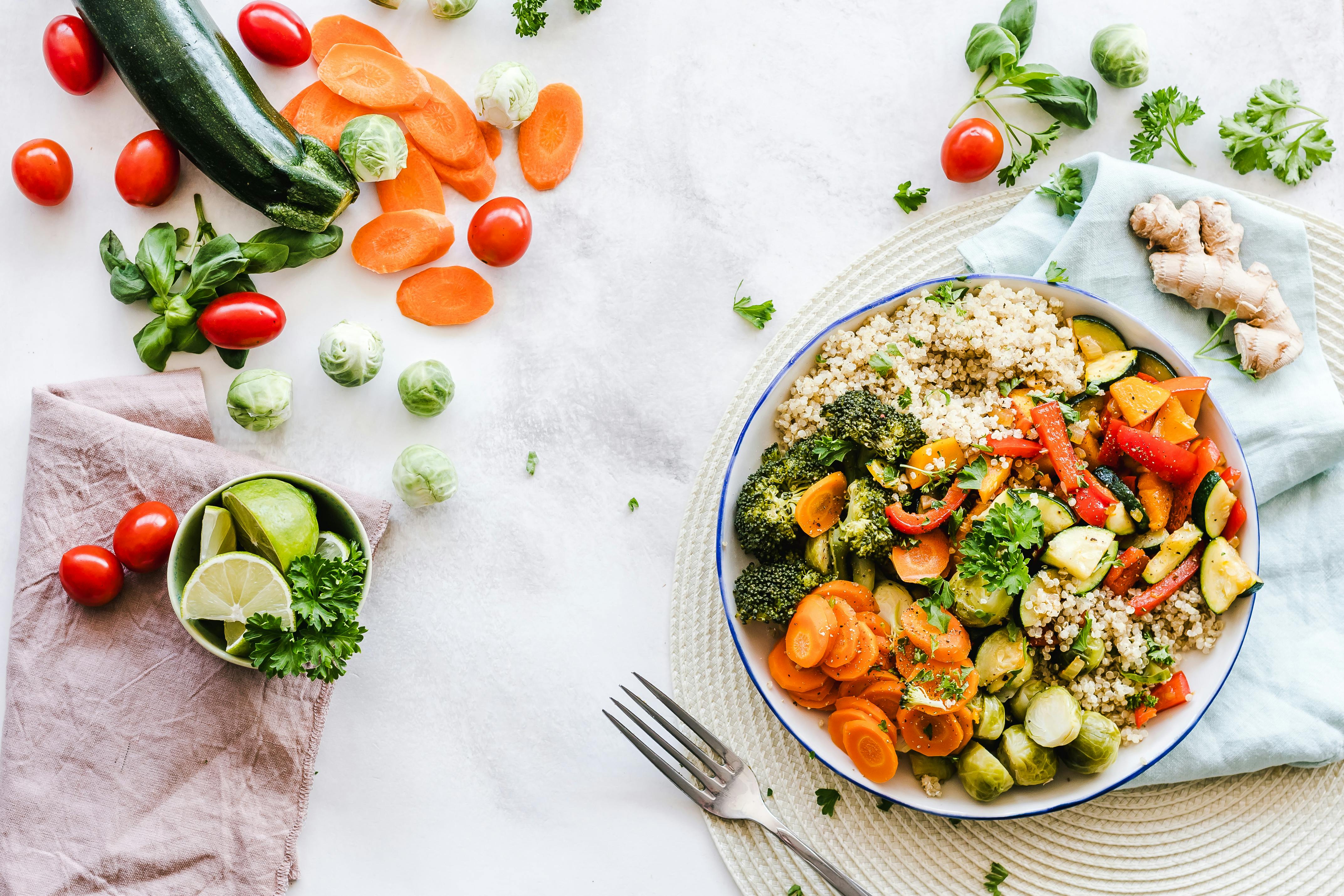What is Lutein and Zeaxanthin?

In recent years, the importance of nutrition in maintaining eye health has gained significant attention. Among the many nutrients touted for their protective benefits, lutein and zeaxanthin stand out as essential compounds for promoting healthy vision. But what exactly are these nutrients, and how do they contribute to our eye health? In this blog, we’ll explore the roles of lutein and zeaxanthin, their sources, and the benefits they provide.
Understanding Lutein and Zeaxanthin
Lutein and zeaxanthin are carotenoids, a class of pigments responsible for the vibrant colors of many fruits and vegetables. They belong to a group of phytonutrients that are primarily found in the macula, the central part of the retina that is crucial for high-resolution vision. These carotenoids are well-known for their antioxidant properties, helping to protect cells from oxidative damage caused by free radicals.
Key Differences
While lutein and zeaxanthin are closely related in structure, they have different roles in the body:
- Lutein: Primarily found in green leafy vegetables and yellow-orange fruits, lutein is often referred to as the “eye vitamin” due to its high concentration in the retina and its role in protecting against harmful light exposure.
- Zeaxanthin: This carotenoid is typically found in foods such as corn, egg yolks, and certain types of green vegetables. Zeaxanthin complements lutein in protecting the retina, especially against blue light.
Health Benefits of Lutein and Zeaxanthin
1. Protecting Eye Health
Lutein and zeaxanthin play a vital role in maintaining eye health. They act as natural filters, absorbing harmful blue light and reducing the risk of damage to the retina. This protective function is crucial in preventing conditions like age-related macular degeneration (AMD) and cataracts.
2. Antioxidant Properties
As powerful antioxidants, lutein and zeaxanthin help combat oxidative stress, which can lead to cellular damage and chronic diseases. By neutralizing free radicals, these carotenoids support overall health and may lower the risk of various age-related conditions.
3. Enhancing Visual Performance
Research suggests that lutein and zeaxanthin can improve contrast sensitivity and visual acuity, especially in low-light conditions. They may also reduce glare and improve overall visual comfort, making them particularly beneficial for individuals who spend extended periods in front of screens or driving at night.
Dietary Sources of Lutein and Zeaxanthin
To reap the benefits of lutein and zeaxanthin, it’s essential to include foods rich in these nutrients in your diet. Here are some excellent sources:
- Leafy Greens: Spinach, kale, and collard greens are among the best sources of lutein and zeaxanthin.
- Other Vegetables: Broccoli, peas, and Brussels sprouts also provide these essential carotenoids.
- Fruits: Kiwi, grapes, and oranges are excellent sources, particularly for lutein.
- Egg Yolks: A unique source of both lutein and zeaxanthin, egg yolks provide these nutrients in a highly bioavailable form.
- Corn: Corn is another significant source of zeaxanthin, making it an easy addition to your diet.
Supplementing with Lutein and Zeaxanthin
For individuals who may not get enough of these carotenoids through diet alone, supplements containing lutein and zeaxanthin are widely available. They are often recommended for those at risk of eye diseases or individuals looking to support their overall eye health.
AREDS Formulation
The Age-Related Eye Disease Study (AREDS) identified lutein and zeaxanthin as crucial components of a dietary formulation that can help reduce the risk of progression in age-related macular degeneration. This formulation includes a combination of antioxidants and minerals that work synergistically to support eye health.
Conclusion
Lutein and zeaxanthin are vital nutrients for maintaining eye health and preventing age-related conditions. By incorporating a variety of colorful fruits and vegetables into your diet, you can ensure you’re getting enough of these protective carotenoids. Whether through food or supplements, prioritizing lutein and zeaxanthin can help safeguard your vision for years to come.
If you have concerns about your eye health or would like to learn more about how diet can influence your vision, don’t hesitate to reach out to our eye care professionals. Your eyesight is invaluable—let’s work together to keep it healthy!
